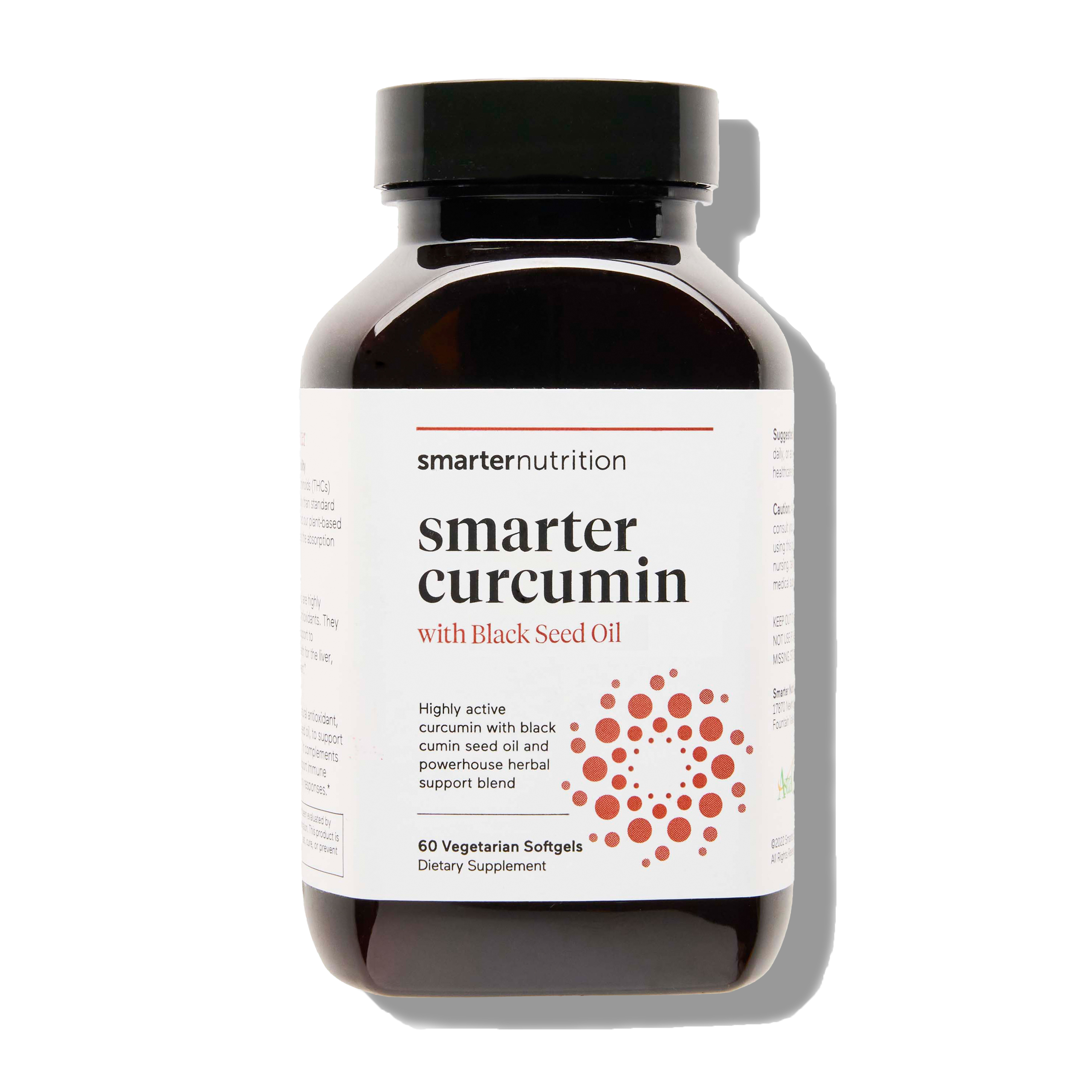How Taking Care of Your Joint Health Can Improve Your Quality of Life
Your joints are essential for independent movement, but they impact more than just the physical aspects of your life. When the body isn’t able to move comfortably, mental health, sleep, and energy levels can all be negatively affected.
By examining a person’s quality of life, researchers have determined that the perspective of the patient is a critical variable when determining how to manage chronic diseases. The effect of poor joint health goes beyond medical concerns and can be disruptive to your life, creating a greater burden than the joint problems alone.
Joint health is essential to supporting your quality of life now and in the future. No matter how old you are, there are many reasons why joint care should be part of your daily life.
1. Enjoy an Active Lifestyle
Getting older doesn’t have to make you feel older. Joint pain can make it difficult for people to run errands on their own and participate in the activities they’ve always enjoyed. When you’re able to do these things, you retain your independence and life doesn’t necessarily change very much as you age. Being active is one of the most important ways you can support your joints. Not only does physical activity help strengthen the muscles around your joints, but it also helps you maintain a healthy weight.
When participating in physical activities, make sure you are protecting your joints, warming up, and stretching to decrease the likelihood that an injury will occur.

2. Sleep Better
Poor sleep and joint pain can be a vicious cycle. Those with joint issues can experience problems falling asleep, staying asleep, and waking up before you feel rested. When you’re not sleeping well, it can increase your joint discomfort. But many people are unable to sleep well because of their joint pain.
There also may be a connection between poor sleep and poor joint lubrication. When you’re awake and moving through your day, lubricants are released to help increase joint flexibility. However, when you lay down to sleep, joints can become stiff due to lack of movement and overnight swelling. Finding a sleep posture that doesn’t aggravate your joint pain and choosing a mattress that keeps your joints in alignment can help prevent exacerbated discomfort in the morning.
3. Maintain Your Energy
Joint problems can have a major impact on your energy levels. Some people say fatigue affects their lives more than aching joints. When you feel exhausted, it can be harder to think clearly and your emotions may be difficult to regulate. Researchers found that those who suffer from fatigue also have abnormally high levels of cytokines, which are small proteins that are involved in inflammation processes.

4. Feel Happier
When your body isn’t feeling good, your mental state can suffer. Joint health and depression can influence one another. Dealing with being uncomfortable every day is physically and emotionally draining and stress hormones can be triggered as a result. When these stress hormones are released, some people experience depression. Those who do experience depression can feel even worse when having to cope with physical problems.
Mood disorders can make it difficult to participate in activities that would typically be enjoyable, and some people withdraw socially. Taking care of your joints can help support your mental health and allow you to enjoy spending time with your friends and family and doing the things you love.

How To Take Care of Your Joints
While there is no magic elixir, there certain practices that are easy to implement that can help support your joint health.
- Eat This, Not That: There are some foods that support normal joint processes and there are some that inhibit them.
- Eat: Fruits and vegetables, healthy fats like avocados and olive oil, fatty fish, and small quantities of dark chocolate.
- Avoid: Processed and fried foods, refined carbs, and desserts high in sugar.
- Exercise Regularly: Participating in physical exercise increases strength and flexibility, supports normal joint processes, and helps discourage fatigue. It’s important to keep your muscles and the tissue around your joints strong in order to support the bones. When you don’t exercise, those muscles become weaker and your joints can experience more stress.
- Add Supplements to Your Diet: If it is difficult to include certain nutrients into your diet, supplements can help.
- Smarter Joint Food: As the name suggests, Smarter Joint Food was created to “feed” your joints. Formulated with key ingredients like whole collagen, bromelain, and CMO, Smarter Joint Food aims to nourish the joints rather than provide a quick fix. Smarter Joint Food is designed for daily consumption to provide long-term joint support.
- Smarter Curcumin: The reason turmeric has its bright orange hue is thanks to curcumin, an active compound found in the root. Curcumin has been utilized for thousands of years in traditional remedies due to its antioxidant properties and support for normal inflammation responses in the joints.
Sources:
- Fontaine, Kevin. Health-related Quality of Life. Johns Hopkins Arthritis Center. 2022.
https://www.hopkinsarthritis.org/patient-corner/disease-management/quality-of-life-and-arthritis/ - National Institutes of Health. “Healthy Joints Matter.”
https://www.niams.nih.gov/health-topics/kids/healthy-joints#tab-id-2 - Cleveland Clinic. “How To Keep Sore Hips, Knees and Shoulders From Ruining Your Sleep.” 2022.
https://health.clevelandclinic.org/how-to-keep-sore-hips-knees-shoulders-from-ruining-your-sleep/ - Eustice, Carol. Ways to Help Fight Fatigue. Very Well Health. 2020.
https://www.verywellhealth.com/ways-to-fight-fatigue-with-arthritis-189749 - Arthritis Foundation. Arthritis and Mental Health.
https://www.arthritis.org/health-wellness/healthy-living/emotional-well-being/anxiety-depression/arthritis-and-mental-health#:~:text=Many%20studies%20have%20shown%20clearly,Pain%20incites%20depression - Mayo Clinic Staff. “Exercise helps ease arthritis pain and stiffness.” Mayo Clinic. 2020.
https://www.mayoclinic.org/diseases-conditions/arthritis/in-depth/arthritis/art-20047971#:~:text=Exercise%20is%20crucial%20for%20people,few%20laps%20might%20seem%20overwhelming - Hatcher, H et al. “Curcumin: from ancient medicine to current clinical trials.” Cellular and molecular life sciences : CMLS vol. 65,11 (2008): 1631-52. doi:10.1007/s00018-008-7452-4
https://www.ncbi.nlm.nih.gov/pmc/articles/PMC4686230/#:~:text=Curcuma%20longa%20(from%20Koehler's%20Medicinal,various%20skin%20diseases%20%5B4%5D




